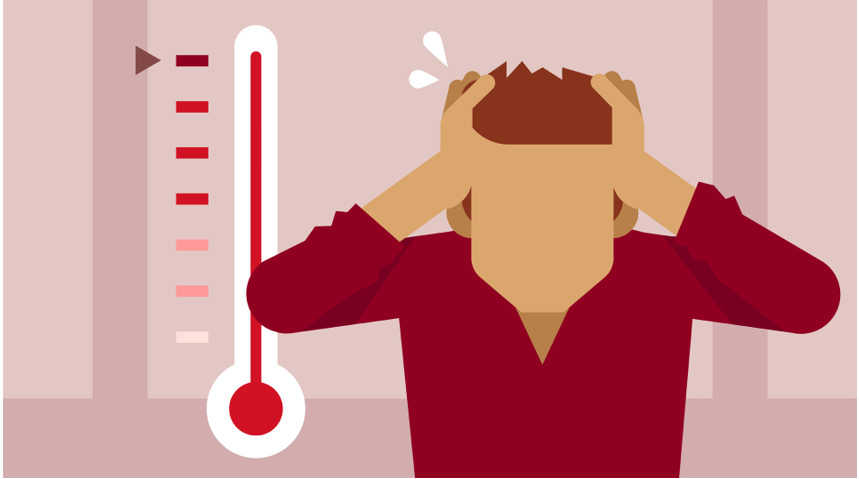MANAGING ANGER AND FRUSTRATION DURING QUARANTINE
The immediate physical space surrounding us is known as our personal space, invasion of which might be uncomfortable or threatening. However human beings also maintain an emotional personal space around them, have you ever said or heard someone saying ‘I need space’? That is a tributary of this concept. Not only do we need proximity physically at times it is an important emotional need too. However, during quarantine keeping our personal space intact maybe a conundrum.
Ways in which our personal space can be compromised:
Being locked up with anybody in one house can affect you daily routine (example big boss, but probably less dramatic), especially in a joint family where people of all ages live together. There may be quarrels because of clash of opinions like political, academic, theoretical and increased restriction as well as decreased privacy. Personal space can also be compromised due to the size of the house and intrusive nature of family members which may cause severe reactions during this time.
If you’re lucky enough to be a single child or are among those rare breed of siblings who ‘like each other’ you may not relate to this but when your sibling(s) share a room with you and now when neither of you have anywhere to be chances are you get into a fight ever so often about little things and create chaos in the house by yelling MOM! MOM! MOM! Every five minutes. (to all the mothers reading this on behalf of all of us children I personally apologise). This intrusion may lead to further aggression and irksome attitude due to forced proximity.
Therapy and counselling sessions may be comprised as well due to lack of privacy. Clients may not be able to express themselves completely in lieu of family members around them, for example children cannot be completely honest because of fear of their parents listening in or a spouse with an abusive partner cannot freely share their trauma with their partner present in the same house.
Aggression and frustration
Frustration can be caused when the achievement of some desired goals by the mind is being blocked due to external or internal factors; the goals may be as small as wanting to eat junk good or as big as wanting to go to your dream college in another city. The intensity of the goals is directly proportionate to the intensity of frustration caused which may then result in aggression (often expressed as violent or hostile behaviour).
According to a theory by John Dollard and Neil Miller At times such a situation could also lead to displacement which refers to a person expressing their anger on other people who are less powerful than them physically or in their designation. Parents scolding their children because they had a bad day at the office is an example of them displacing their anger from the office onto their children or the elder sibling hitting the younger one because they got yelled at by the parents is another example.
Managing these negative emotions
EMPATHY
Empathy is the capability of a person to comprehend how someone else is feeling and share these feelings. Empathy does not only make you a better person it improves all aspects of your relationships with family members, friends, etc. it requires you to have good listening skills and considering the other person’s feelings.
At home, this isn’t a tough time just for you but all your family members and rather than losing your temper you can be there for them and utilise this time to bond with them.
PATIENCE
It is the capacity of a person to accept and tolerate problems that may arise while remaining calm and avoiding feelings of anxiety. Patience helps you escape a stressful and anxious bout of confrontation and also contributes to the peace of the house as it helps avoid fights between siblings, couples, children and parents, etc.
Patience should be exercised even if you are not the one at fault because when you display patience the other person will sooner or later realise their own mistake and the issue shall resolve.
APOLOGISING
Once again you may or may not be at fault but apologising pacifies the situation and can which can later be handled calmly without causing any anger among the people involved. You may feel your argument is more logical and you’re the one being misunderstood but in the heat of the moment while aggression escalates and takes control of the situation a logical discussion cannot take place and hence apologising and pacifying the situation can enable you to talk about your side of the story later under better circumstances.
Working out and meditating are some of the ways which can help boost your endorphins which can enable you to think more clearly and help control your anger


